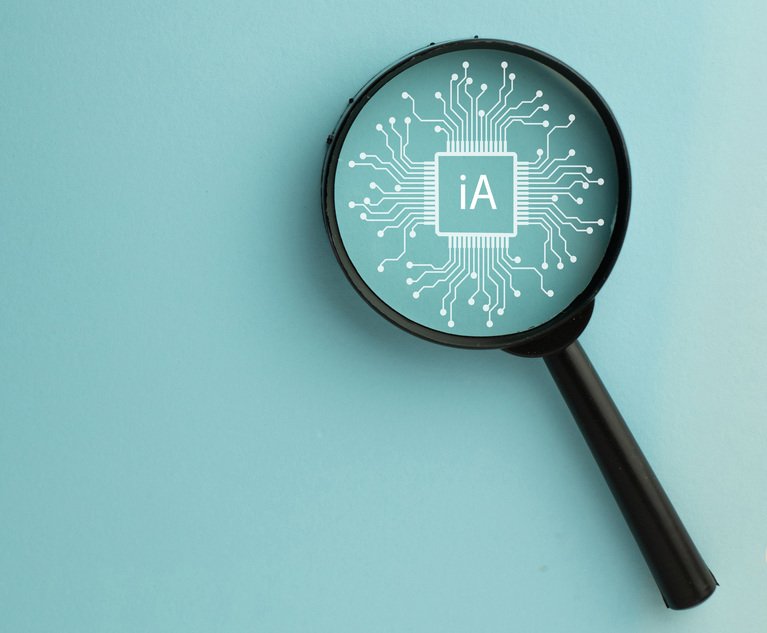Whether legal fees incurred by a non-party will need to be reimbursed in connection with a non-party’s production of electronically stored information (ESI) can determine litigation strategy whether to pursue a non-party through a subpoena for documents and, then, whether to engage in motion practice to seek to compel production.
Counsel is often left on the “horns of a dilemma” when it comes to evaluating whether it ultimately will be required to pay such non-party’s attorney fees. If counsel for the subpoenaing party first raises the issue of legal fees, counsel for the non-party would likely demand it, and the subpoenaing party would need to agree to pay them often without knowing the magnitude of the expense, an unsavory position in which to be. Alternatively, the non-party will simply demand payment or, more frequently, the issue is left unspoken or unresolved. Thus, the subpoenaing party is often left little choice but to either not pursue the subpoena or move to compel seeking an order that it is not required to pay such fees. This would be met, no doubt, with a cross-motion seeking the opposite relief. Such motion practice likely would then have to be made on an incomplete record before the non-party has completed, much less perhaps even started, its search for responsive ESI and is unlikely to be able to “guestimate” the expenses of the ESI production, including the magnitude of attorney review time. See Energy Transfer Equity, L.P. v Corvex Mgt. LP, 2018 N.Y. Misc. LEXIS 4628, 2018 NY Slip Op 32579(U), *6 (Sup. Ct. N.Y. Co. Oct. 10, 2018) (“Estimates about a document review reflect a best-case scenario. Every time petitioners sent a letter, held a meet and confer or fought about redactions, the reasonable production costs increased. And petitioners asked for a document-by-document privilege log instead of a categorical privilege log—they cannot make a demand for such a time-intensive task and be surprised when it dramatically increases the legal fees”). Accordingly, neither side would likely receive closure with the court’s decision, and would need to likely await a subsequent motion before the parties’ know who will be absorbing the non-party’s legal fees and by how much.
This content has been archived. It is available through our partners, LexisNexis® and Bloomberg Law.
To view this content, please continue to their sites.
Not a Lexis Subscriber?
Subscribe Now
Not a Bloomberg Law Subscriber?
Subscribe Now
LexisNexis® and Bloomberg Law are third party online distributors of the broad collection of current and archived versions of ALM's legal news publications. LexisNexis® and Bloomberg Law customers are able to access and use ALM's content, including content from the National Law Journal, The American Lawyer, Legaltech News, The New York Law Journal, and Corporate Counsel, as well as other sources of legal information.
For questions call 1-877-256-2472 or contact us at [email protected]


 Mark A. Berman
Mark A. Berman




